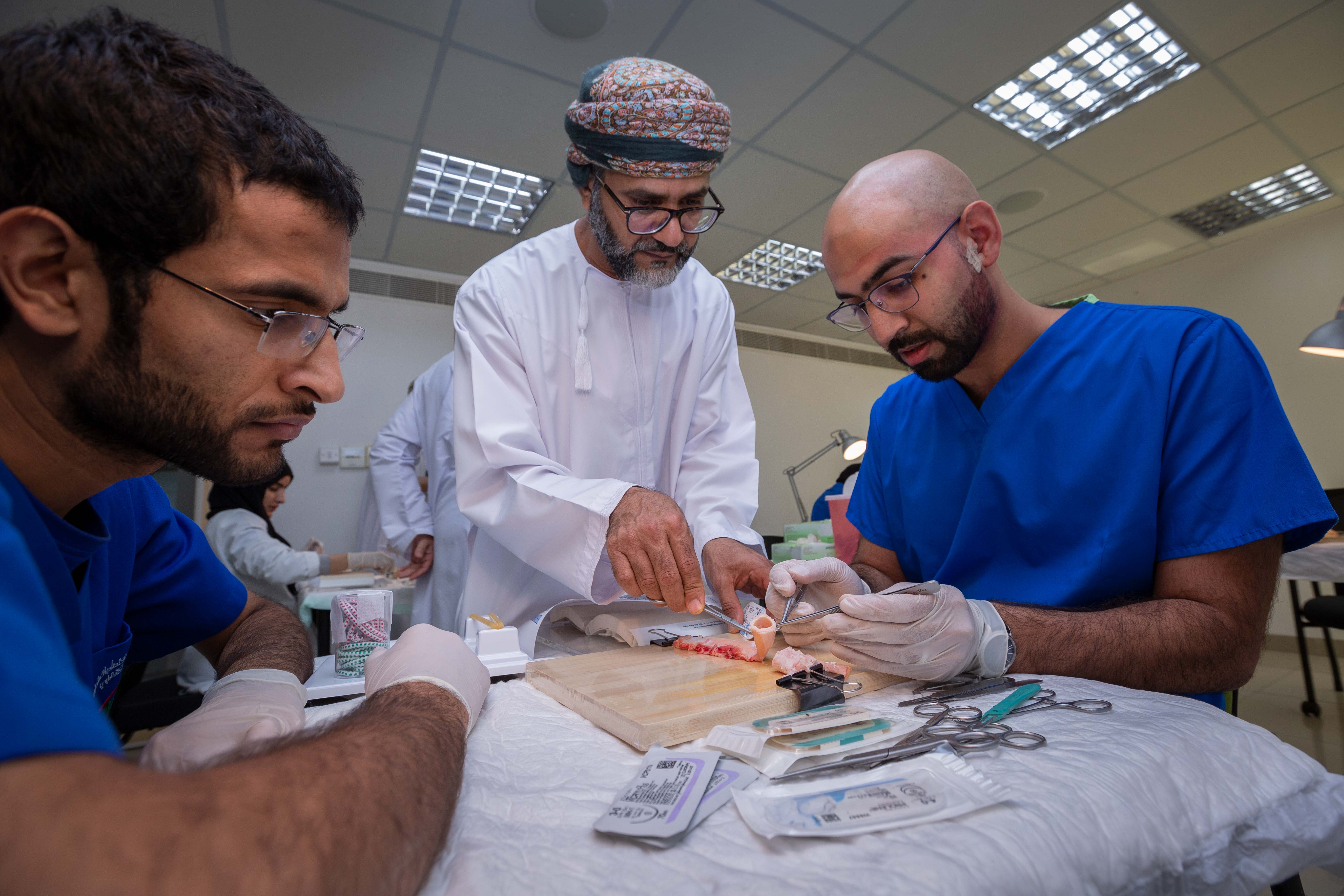
Planning and Evaluating Teaching
Estimated Course Duration: 3 hours Target: OMSB Faculty and Medical Educators
Read More
Workplace based Teaching and Learning
This course aims at strengthening participants' knowledge of and practice with workplace based learning and teaching. The participants will develop awareness about and have the opportunity to practice competencies related to workplace based learning and teaching. The modules will give an overview of how to recognize and use teaching moments in the clinical settings, Socratic questioning, observation and feedback. Furthermore, the participants will be able to develop optimal training system for postgraduate training.Target Participants: OMSB Faculty, Trainees and Health Care Workers
Read More
Workplace Based Assessment Tools
The course is intended to have multiple modules for each of the WBA tools. Each module will give an overview of the tool, and tips on how best to utilize them or fill them out. The modules will be added as we progress over the next few months. Two initial modules are the CBD and Mini-CEX. We have selected these two modules as they are currently either misused or underutilized by residents and faculty in the various programs.Target Participants: Education Committee Members, Associate Faculty, Assistant Faculty
Read More
Effective Feedback Course
This course is designed in collaboration with Accreditation Council for Graduate Medical Education (ACGME) as part of a cooperation agreement to run a regional hub for courses offered to OMSB faculty. As one of the essential functions of OMSB, structured Medical Education Program was proposed to support faculty development training. The program has three tiers with faculty progressing from base tier (Foundation in Medical Education), middle tier (Medical Educator – Intermediate) and highest tier (Medical Educator – Advanced). Feedback workshop is one of the activities in base tier of the program, designed and developed as online courses and will target all faculty within two years of appointment as trainer.Target Participants: Education Committee Members, Faculty
Read More
Case Log Session
Residents are required to perform minimum number of procedures during their training to demonstrate compliance with clinical experience, sufficiency of resources, and confirm the breadth and depth of resident experiences. The aim of this module is to familiarize the Program Directors, Clinical Competency Committee Members and Program Administrators with the ADS Case Log System, the different types of reports and their uses.Target Participants: Program Directors, Program Administrators and CCC members.
Read More
